Renewable Energy
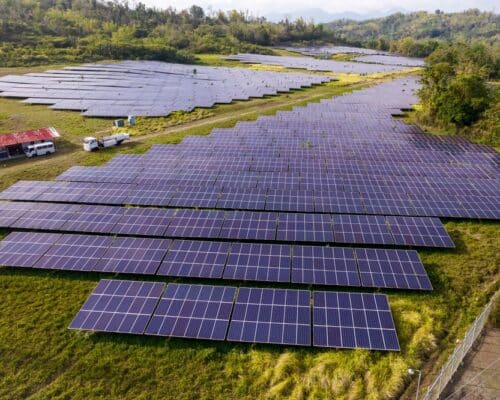
Southeast Asia’s Renewable Energy Potential and Growth Challenges – Podcast
Energy Insights speakers with Janna Smith, a researcher at Global Energy Monitor (GEM) about Southeast Asia's renewable energy potential.
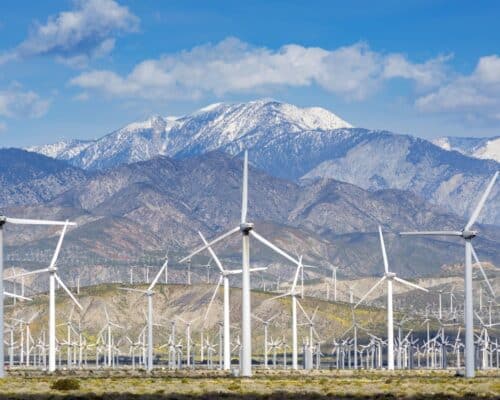
Top Renewable Energy Companies in the USA Leading the Green Revolution
Renewable energy has grown significantly over the last decade in the US, and predictions show this trend will speed up in the coming years. As a result, major renewable energy companies have spread across the US energy sector.
Future of Renewable Energy in the World: Massive Growth Expected
IEA notes that almost all new clean energy capacity added in 2023 had lower generation costs than new coal and gas plants, and 75% of new solar and wind plants offered cheaper power than existing fossil fuel facilities.
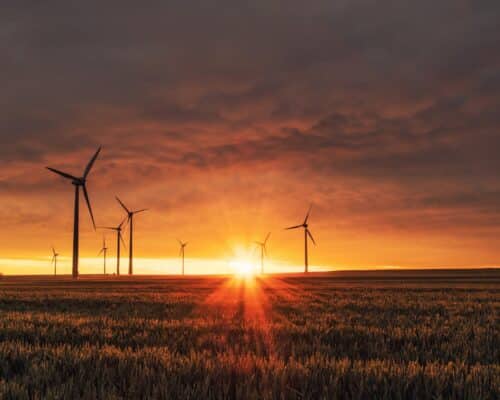
Indonesia Energy Transition Outlook 2024: In Light of the JETP
Whoever holds power after Indonesia’s February elections has a chance to alter the country's future. Projects, like increased coal and gas capacity and expensive, untested technologies, should remain on paper, while solar and wind must become the priority.
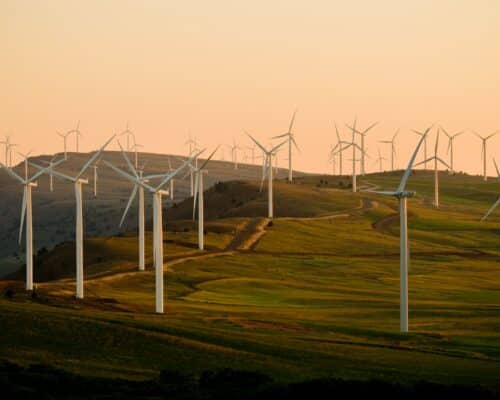
Renewable Energy Growth and Plunging Costs Make the COP28 Target Possible
While the world remains off track in reducing fossil fuel emissions and limiting temperature rise to 1.5°C, the momentum behind renewable energy technologies is aiding the shift towards a cleaner and more sustainable energy system.
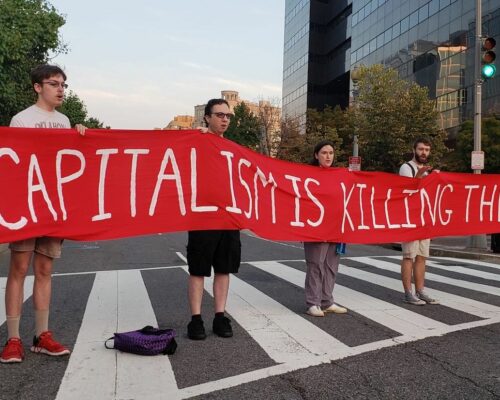
Capitalism and Climate Change: A Dual Force Shaping Our Future
Capitalism drives economic growth, which has historically been reliant on fossil fuels. This has led to a rapid increase in global emissions since the Industrial Revolution. However, if consumer demand and government policy shift to support low-carbon products, capitalism can lead in fighting climate change.
COP28 Financing Highlights: Will Asia Receive Much-needed Support?
COP28 became the stage of ambitious financial pledges from governments, the private sector, MDBs and philanthropic organisations. However, experts warn that the promised financing still falls short of the actual needs and that its distribution might be too slow and ineffective.
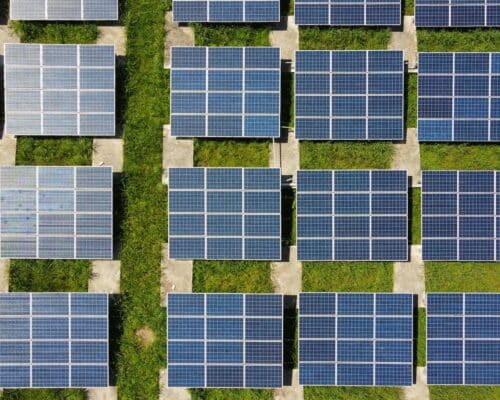
COP28 Targets Tripling Global Renewable Energy Capacity
COP28 is underway, and the target to triple renewable energy capacity by 2030 is the main headline. For the plans not to end up as another empty promise, global leaders should work to establish the needed regulations, investments, mechanisms for equal distribution and adequate progress monitoring processes.
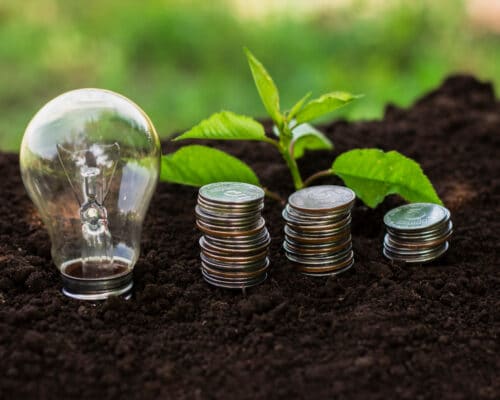
Clean Coal vs Renewables: Economic Costs and Gains For Southeast Asia
Despite the subsidies and industry support, Japan’s proposed technologies are struggling to prove promising even at home. Yet, it aims to export them to countries with much more fragile economies and significant challenges. Crunching the numbers reveals that Southeast Asia has a lot to gain if its pursues renewables instead.
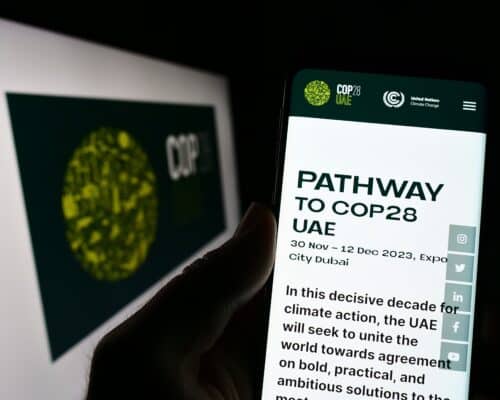
COP28 Climate Finance Day Nets USD 12.5 Billion in Pledges
Day five of the COP28 summit in Dubai started shaky, as reports broke over summit president Sultan Al Jaber’s earlier anti-fossil fuel phaseout comments. However, by the end of the day, significant progress had been made regarding climate change funding, setting the pace with at least 40 different financial pledges.
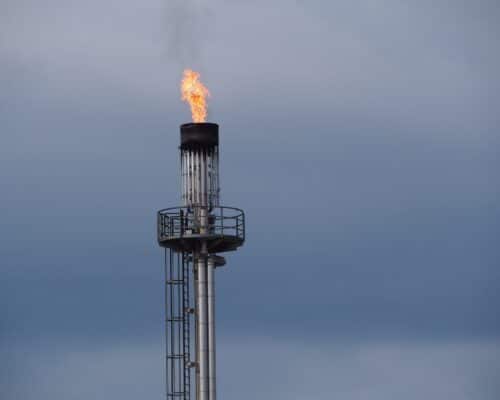
The IEA’s World Energy Outlook 2023: Global and Asian Gas Demand to Peak by 2030
The International Energy Agency (IEA) reports that while clean energy adoption is accelerating rapidly, current policies will still push global warming to 2.4°C, far beyond the Paris Agreement's target. Global leaders must make COP28 count by pledging to achieve the IEA's five pillars for getting back on track.
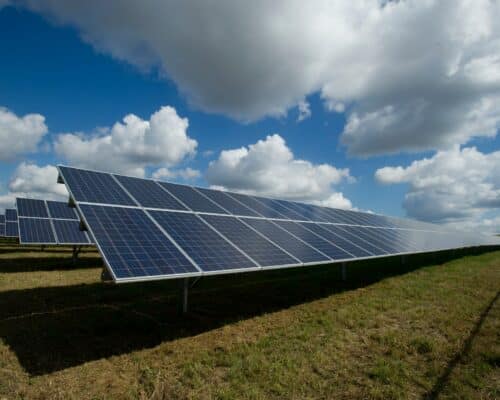
Southeast Asia Prefers Renewables, But Misplaced Fears of High Costs Delay Adoption
Southeast Asia has immense clean energy potential, and experts estimate that capitalising on it will unlock massive gains. With renewables being the cheapest source of new power in countries comprising two-thirds of the global population and responsible for 90% of electricity generation, switching to renewables will help Southeast Asian countries ease the burden of fossil fuel subsidies on their economies.

IEA: Urgent and Joint Action Needed To Keep the 1.5°C Target Alive
The IEA's latest report is clear: global leaders either take urgent and collective action now or miss the 1.5°C target.
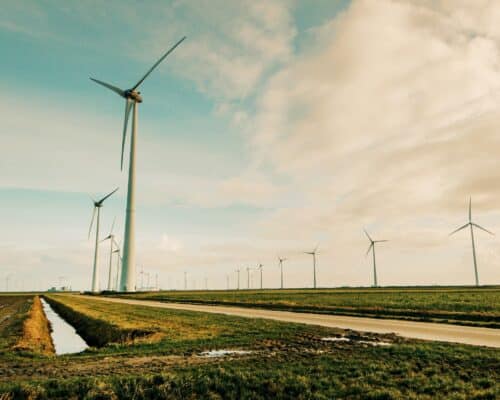
Breakthrough Agenda 2023: Cooperation Key to Advancing Clean Technologies
The clean energy transition is advancing but not at a pace adequate for a net-zero scenario. The Breakthrough Agenda Report 2023 recommends governments strengthen collaboration and ease regulatory burdens to accelerate clean technology deployment.
Most Popular
Categories
-
10
-
34
-
126
-
4
-
17
-
46
-
52
-
11
-
10
-
15
-
24
-
6
-
1
-
5
-
6
-
283
-
200
-
17
-
24
-
1
-
1
-
23
-
41
-
44
-
88
-
18
-
86
-
41
-
17
-
11
-
43
-
54
-
86
-
299
-
22
-
44
-
36
-
11
-
42
-
36

